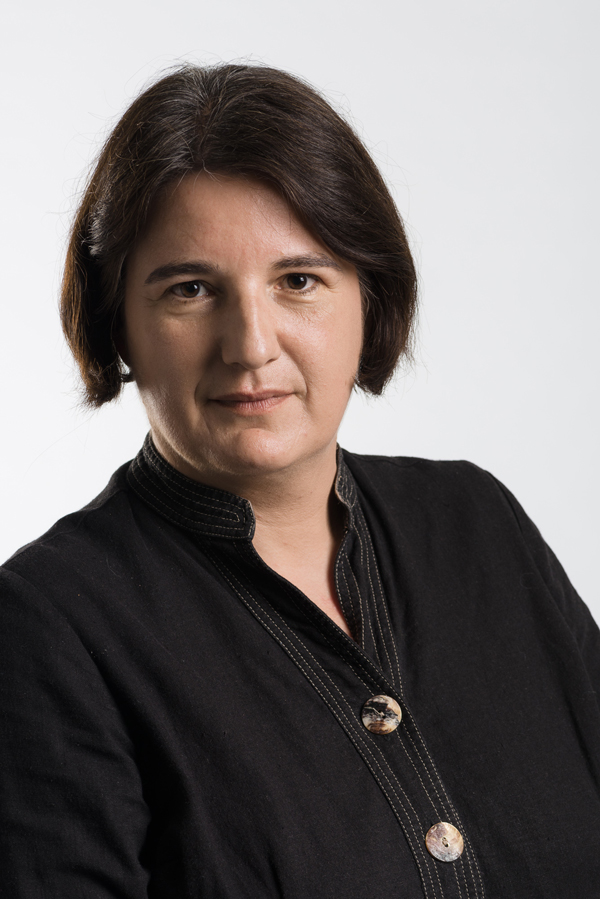As part of Birkbeck’s Discover our research activity, Dr Silke Arnold-de Simine of the Department of Film, Media and Cultural Studies writes about her current research activity.

Dr Silke Arnold-de Simine
Hi Silke. What is your current topic of research?
My current project is on the notion of ‘challenging heritage’: I am interested in the ways in which ‘challenging’ or ‘difficult heritage’ is interpreted and managed in different cultural and national contexts. My focus is on the question of how personal and cultural memory relate to each other in modes of engagement framed as affective and experiential encounters with the past, most importantly but not exclusively in (memorial) museums and heritage sites that favour immersive strategies and aim to produce empathy in visitors.
In this context I interrogate preconceived assumptions of what the relationship between affect/emotion, experience and comprehension (and consequently action) is supposed to be; just because we have ‘felt’ and experienced something, does it mean we are any closer to understanding it? Key questions are:
- the role of interactive media forms (from the oral to the performative and digital) in this process
- how memory practices and performances are negotiated among groups of stakeholders
- and how supposedly very different modes of relating to the past (trauma, nostalgia) complement and inform each other in unexpected ways as audiences engage with historical interpretations.
One of my case studies is a comparative analysis of commemorative projects around the First World War Centenary.
Why did you choose this topic?
Living between (at least) two cultures (Silke is originally from Germany, but now lives in South-West London) drew my attention to how collectives relate to shared pasts in very different ways: they do not only choose to remember and forget different bits or tell different stories about shared events, they also have very different modes of engaging with the past.
What excites you about this topic?
Its topicality and relevance to current memory politics, people think of memory as predominantly being about the past but in actual fact the way we relate to the past is mostly about how we want to live in the present.
What is challenging about the research?
The most challenging element of the research I am doing is that it is situated between subject and research areas, which means that I am often trespassing on other people’s turfs. I have to engage with a broad spectrum of research methodologies, increasingly not only quantitative but also qualitative methodologies, so I am constantly forced to step out of my comfort zones.
What are the potential impacts of your research on everyday life?
I have worked with practitioners from various walks of life – artists, museum curators, theatre people – in order to get closer to the audiences which have a vested interest in the role cultural memory plays in all our lives. I think my research can offer a self-reflective perspective on the modes of memory we all engage in every day and identify how we can mobilize strong affective responses as catalysts that help to transform unprocessed affect into emotional thought (and when I am very hopeful) also into actions.
What misconceptions are there around your discipline or area of research?
When I tell people that I work on First World War Commemoration they often think that I am a historian and that I actually work on the First World War. Some are rather disappointed to learn that I am first and foremost interested in the way contemporary societies relate to the First World War and how they narrativize the past in the here and now.
My focus on cultural memory is also difficult to explain, most people associate memory with the ability of an individual to recall experiences and events through which they have lived. However, the concept of cultural memory provides a conceptual framework that helps to interrogate how smaller or larger groups (families or nations) ‘remember’ and keep memories alive beyond the lifetime of the actual memory bearers.
Find out more
